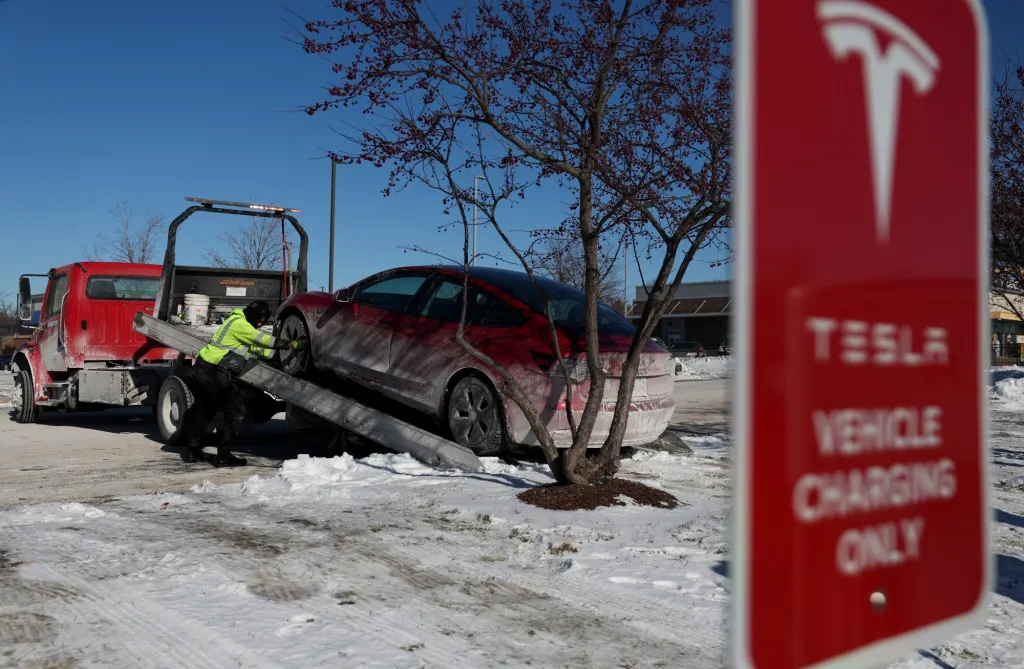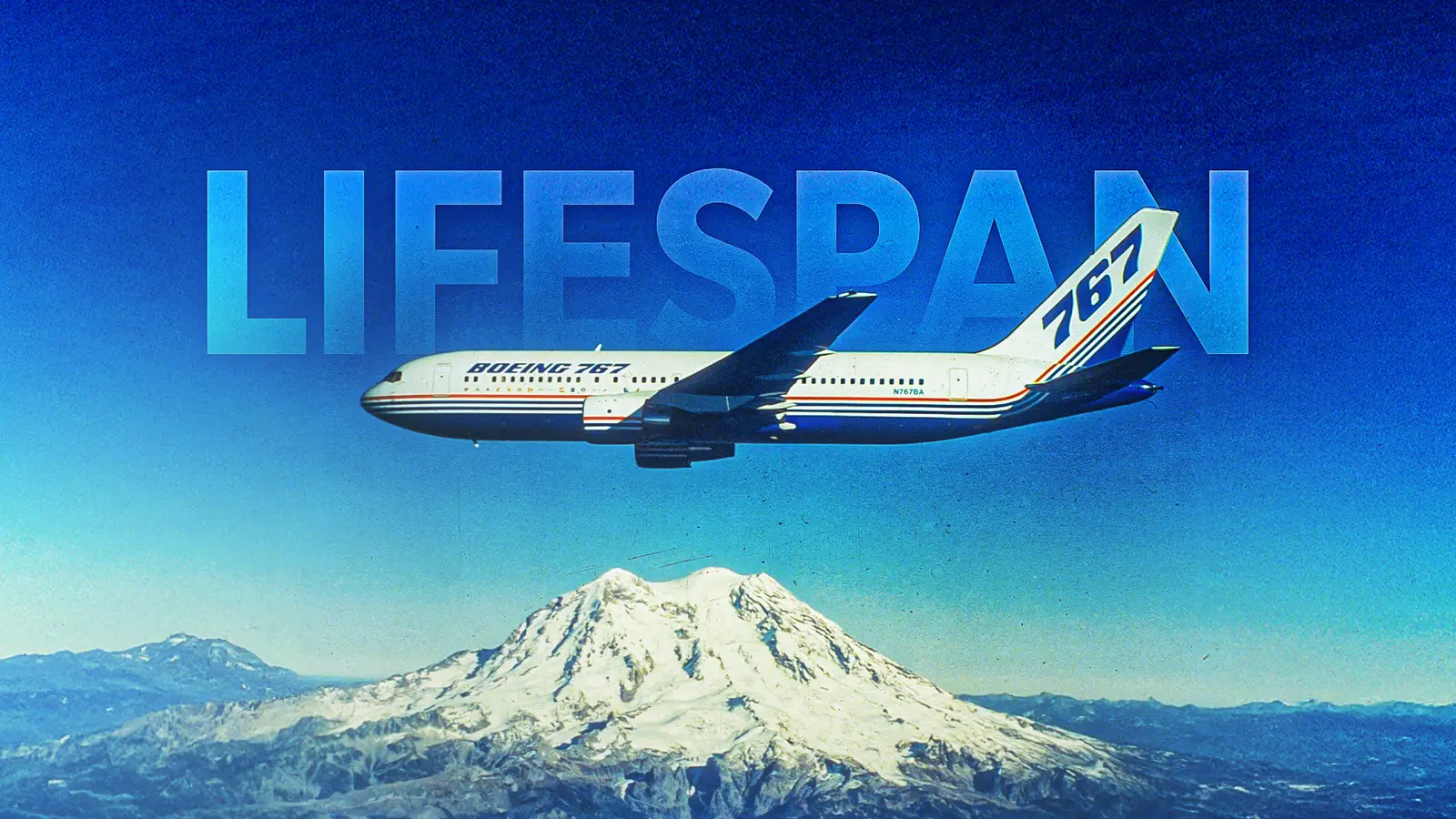Copyright Hartford Courant

The cost of having a car towed from a private parking lot or by police for a parking violation will increase by 13.5% over the next three years under rates proposed Tuesday by the state Department of Motor Vehicles, but towing company officials say it’s not enough. An 87-page proposal calls for a 4.5% flat rate increase in each of the next three years for any nonconsensual tows, which includes tows from private property or for trespass, and for police-ordered tows such as for a parking violation or an abandoned vehicle on the highway. The hearing Tuesday at the state Capitol was before attorney Steven Baron, a per diem contractor hired by the state. It was expected to last all day but was over after only about two hours. Several towing companies complained they had no notice of the hearing or a chance to prepare for it. Baron said written testimony can be submitted for two more weeks. While the DMV proposed raising the flat fee for towing, it again recommended that storage rates or the daily amount towing companies can charge to keep the vehicles on their lots will remain unchanged, an issue that angered several towing company officials. “I can tell you we don’t want the cars. We’re willing to work with people to give their cars back, but the scales can’t be tipped too far,” said Paul Hilario, owner of Hilario’s towing based in Danbury. “The problem is, if you don’t strike a balance between protecting the public and protecting the towers that do the work and protecting the property owners, you’re not going to have participation,” Hilario said, adding towing companies “will focus their business efforts on other things.” Several towing officials also complained that they weren’t aware of the agency’s proposed rate increases until DMV staff attorney David Cardone made his presentation. During the hearing, several people mentioned the new law passed last session overhauling the state’s more than 100-year-old towing statute. Legislators passed the new law after a series of stories by The Connecticut Mirror and ProPublica that revealed that towing companies could seek permission from the DMV to sell someone’s vehicle after 15 days, one of the shortest time periods in the country. The series highlighted how predatory towing companies doing private property or trespass tows were affecting low-income residents who in many cases couldn’t afford the fees to get their cars back. Cardone testified that the new rates focused on “light duty” vehicles under 20 feet long because that’s what most consumers are driving. “Since the cost of the nonconsensual trespass tow is borne by the consumer, an increase in storage rates may have the greatest impact on a segment of the population that can least afford to absorb an increase,” Cardone said. The only person to speak who was not affiliated with a towing company was attorney Rafie Podolsky, a consumer advocate who is also a member of a task force created by the new law that is currently reviewing a wide range of towing proposals. Podolsky told Baron that the statute “is to protect consumers, and so it’s important in any rate analysis that the department does, that it approaches it from that angle.” “Storage rates continue to rise and rise and rise so that if you don’t have quick cash in order to bail your car out, that dollar amount is going to keep going up while you’re scrounging around trying to find more money,” Podolsky said. The new law extends the time before a towing company can sell a car to 30 days. It also requires them to accept other forms of payment besides cash, to accommodate people who want to get their cars back after-hours, especially on weekends, and requires them to allow people to pay a drop fee to get their car back if they arrive before it is towed from a property. Under the flat rate increase, the cost of having a car towed would increase to $130.63 in the first year, $136.51 for the second year, and $142.56 for the third year, Cardone said. The DMV is also proposing include a drop fee of $50, a new charge implemented because of the new legislation. Cardone said towing companies previously were not required to release the vehicle should someone arrive on scene was it was being “hooked up,” but under the new law they must release the vehicle. The DMV also proposes an after-hours redemption fee of $50 to cover labor costs. The new statute requires tow companies to be available at all times with proper notice to allow someone to get their car back, especially on weekends. The new fee would cover the costs of an employee having to go to the tow yard to release the vehicle. Another proposal would increase mileage charges to $6.65 per mile to tow the vehicle back to their lots. The previous rate was $5.65 a mile. The new statute only allows towing companies to charge for a maximum of 13 miles, capping mileage costs at $86.45 under the new plan. Several towing company officials said the agency needs to do a better job of making a distinction between police tows or highway accident tows, which are also considered nonconsensual tows and private property tows. They argued the accident tows or highway tows can be extremely expensive and require large equipment in cases of vehicle fires or accidents involving tractor trailers. One official proposed a far higher rate increase than DMV. Michael Festa, owner of MyHoopty of Watertown, said his new organization called ACT or Association of Connecticut Towers was seeking a 75% increase in towing fees. Festa said ACT represents more than 250 towing companies across the state. “It seems over the last two and a half years, people that own towing companies are actually paying to be towers,” Festa said. “The cost of doing business for nonconsensual tows, whether it’s private property or police tows, has quadrupled since our last rate increase.” Festa cited skyrocketing insurance costs, workmen’s compensation costs, wage increases and equipment costs all rising as well as having to deal with more high technology cars that need special handling as reasons the 75% rate increase was justified. Dave Altimari is a reporter for the Connecticut Mirror. Copyright 2025 @ CT Mirror (ctmirror.org).



